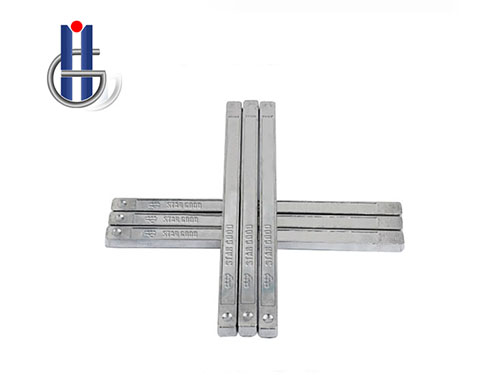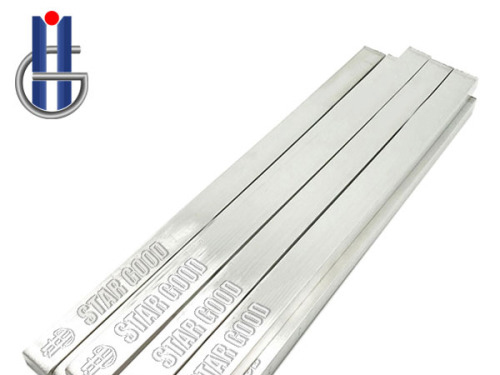Pure tin bars, also known as tin ingots, play a vital role in various industries due to their unique properties and applications. Tin, a silvery-white metal, is prized for its malleability, corrosion resistance, and low toxicity, making pure tin bars a valuable commodity in manufacturing and metallurgy.
One of the key properties of
pure tin bars is their high malleability, allowing them to be easily shaped and formed into different shapes and sizes. This makes tin bars ideal for applications where intricate designs and fine details are required, such as in the production of jewelry, ornaments, and decorative items.
Furthermore, pure tin bars exhibit excellent corrosion resistance, particularly in environments with high humidity or exposure to acidic substances. This corrosion resistance makes tin bars suitable for use in the manufacturing of electronic components, soldering materials, and food packaging, where protection against rust and degradation is essential.
Another important characteristic of pure tin bars is their low toxicity. Unlike some other metals, such as lead, tin is non-toxic and safe for use in contact with food and beverages. This makes tin bars a preferred choice for the production of food containers, cans, and packaging materials, ensuring consumer safety and compliance with health regulations.
Pure tin bars are also known for their ability to form strong and reliable bonds when used as a soldering material. Tin has a low melting point, which allows it to create secure joints between electrical components without causing damage or overheating. This makes tin bars indispensable in the electronics industry for assembling circuit boards, wiring, and electronic devices.
Additionally, pure tin bars have applications in the metallurgical industry, where they are used as alloying agents to improve the properties of other metals, such as copper and bronze. Tin alloys, such as bronze, have enhanced strength, hardness, and corrosion resistance, making them valuable for manufacturing machinery parts, bearings, and musical instruments.
In conclusion, pure tin bars possess a range of beneficial properties, including malleability, corrosion resistance, low toxicity, and solderability, making them indispensable in various industries. Whether it's for creating intricate designs, protecting against corrosion, ensuring food safety, or enhancing electronic connections, pure tin bars continue to be a versatile and valuable material in modern manufacturing and metallurgy.



 Lead Bar for Sale: Uses, Specifications, and Buying Considerations
Lead Bar for Sale: Uses, Specifications, and Buying Considerations
 Exploring the Versatile World of Tin Wire Products: A Comprehensive Overview
Exploring the Versatile World of Tin Wire Products: A Comprehensive Overview
 Exploring the Uses and Advantages of Pure Tin Bars
Exploring the Uses and Advantages of Pure Tin Bars